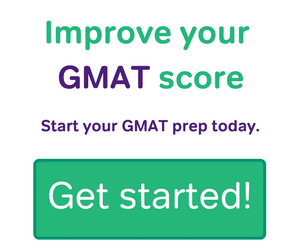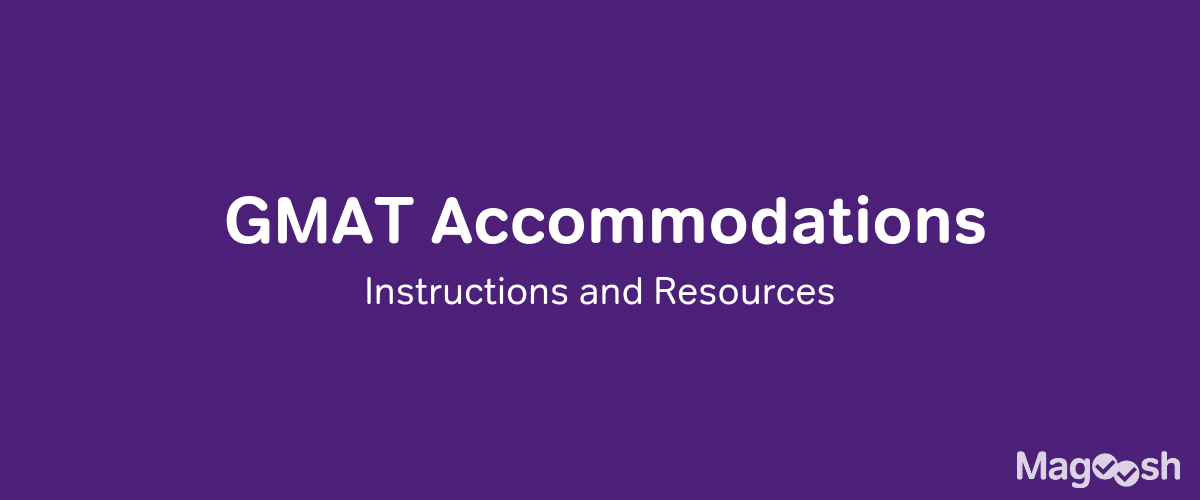Some verbs require the infinitive, and the GMAT expects you to know them. First, consider a couple practice Sentence Correction problems exploring these idioms.
1) The Sherpa people, indigenous to the mountainous regions of eastern Nepal, are known to have their ability of performing with ease the demanding tasks of mountaineering at some of the highest known altitudes.
(A) to have their ability of performing with ease
(B) to have the ability with their performing with ease
(C) for their ability to perform with ease
(D) for their ability of performing with ease
(E) in the ability to easily perform
2) The FDA enacted these recent restrictions both to prohibit individual physicians from forming financial partnerships with pharmaceutical companies and to forbid the companies to advertise directly to the physicians.
(A) both to prohibit individual physicians from forming financial partnerships with pharmaceutical companies and to forbid the companies to advertise
(B) both to prohibit individual physicians to form financial partnerships with pharmaceutical companies while forbidding the companies to advertise
(C) to both prohibit individual physicians from forming financial partnerships with pharmaceutical companies and also to forbid the companies from advertising
(D) both to prohibit individual physicians from forming financial partnerships with pharmaceutical companies as well as to forbid the companies from advertising
(E) to prohibit both individual physicians to form financial partnerships with pharmaceutical companies and to forbid the companies from advertising
Infinitive
The infinitive forms of verbs are the “dictionary form” of the verb, the form you would find if you looked the verb up in a standard dictionary. We construct the infinitive as follows: “to” + [the infinitive form]. For almost every verb in English, the infinitive form is identical to the present tense of the verb, what we would use after the pronoun “I” in the present tense —- I walk, I eat, I listen —– these become the infinitives: to walk, to eat, to listen. The only verb for which the infinitive form is wildly different from any of the present tense forms is the most irregular verb in the entire language: the verb “to be”, with present test forms am/is/are.
The infinitive itself acts as a noun in a sentence. Nevertheless, since the infinitive is the form of a verb, it can take adverbs & direct objects. When we attach all these other forms to the infinitive, we create an infinitive phrase.
Verbs + infinitives
Certain English verbs idiomatically demand the infinitive: that is to say, the only grammatically correct construction that can follow them is an infinitive or an infinitive phrase. Here are a few important examples of these verbs:
* allow A to do X
* choose to do X
* decide to do X
* forbid A to do X
* persuade A to do X
* try to do X
Notice, those six verbs are all about volition and intention. These verbs are common in English, and common on the GMAT Sentence Correction. The GMAT wants you to know these idioms: each one of these six verbs must have an infinitive, and it is an idiom mistake to follow them with anything else —- “I persuaded her into …”, “I forbid him from doing ….” —- all automatically incorrect.
Another verb that requires special mention is the verb “to want.” In most constructions you are likely to see on the GMAT, this verb also idiomatically takes an infinitive. Following the verb “want” with a “that”-clause is always wrong on the GMAT. One alternate acceptable construction is what is called an “object complement”: the structure of this form is “want” + [direct object] + [adjective]. For example:
*The sheriff wanted the bandit dead.
*The CFO wants the overseas division solvent before the end of the year.
This is a common form in casual speech, and there’s an off chance it could appear on a GMAT Sentence Correct in the future. In other words, don’t automatically discount the verb “want” if it is not followed by an infinitive: it could be an “object complement.”
Other words + infinitives
There are a few other constructions that require the infinitive
- The words able & ability: The word “able” is an adjective, and the corresponding noun form is “ability.” Both of these must be followed by an infinitive or infinitive phrase. This is an idiom the GMAT Sentence Correct loves to test. Common mistake patterns involve the word “ability” followed by some other preposition and then a gerund: “the ability for doing X”, “the ability of doing X” — all incorrect!
- The adjective reluctant: This adjective idiomatically takes the infinitive: e.g. “I was reluctant to do X.” As with “ability”, any other preposition + a gerund is wrong!
- The idiom “in order to do X“: this is an idiomatically correct way to describe the purpose or intention or goal of one’s action. For example: “The independent investor published a series of scathing articles about their management procedures in order to short-sell that company.” The structure describes a first action undertaken (here, publishing the articles) in order to bring out a second less obvious result or consequence (short-selling the company). You are expected to understand this idiom on the GMAT, and you are expected to recognize this as correct and other variants (e.g. “in order that he could …”) as incorrect.
Practice
Having read this, take another look at the idioms in those practice sentences before looking at the explanations below. Here’s another practice Sentence Correction sentence on idioms.
3) The more cautious commanders
Practice Question Explanations
1) The primarily idiom in this question concerns the word “ability”, which must take the infinitive. Only (C) and (E) have an infinitive, although (E) has a mistake known as the split infinitive: it inserts an adverb between the “to” and the verb of an infinitive. The split infinitive was once considered completely wrong. It is gaining acceptance in casual speech and pop culture (“To boldly go where no man has gone before“), but this will not be part of a correct answer on the GMAT Sentence Correction.
Also, notice the secondary idiom, “to be known for something.” That is the correct way to express this —- the Sherpa are known for their mountaineering skill. The other constructions (“known to have the ability”, “known in their ability”) are idiomatically incorrect ways to express this idea.
The best answer is (C).
2) This is a tricky one. We have the “both X and Y” parallel construction (BTW, notice that the variants “both X as well as Y” and “both X and also Y” are both incorrect on the GMAT.) The two infinitive verbs, “to prohibit” and “to forbid” must match in parallel form, and they do. What follows those two verbs does not have to be parallel; furthermore, each of those verbs has its own idiomatical requirements. As we discussed above, the proper idiom for “forbid” is “to forbid A to do X” — the verb “forbid” must take the infinitive. By contrast, the proper idiom for “prohibit” is “to prohibit A from doing X” — the verb “prohibit” must take the preposition “from” followed by a gerund. The two verbs, “forbid” and “prohibit” have similar meanings, so it’s ironic that they have starkly different idiomatic requirements. The only answer that fulfills the idiomatic requirements of both verbs is (A).






Leave a Reply